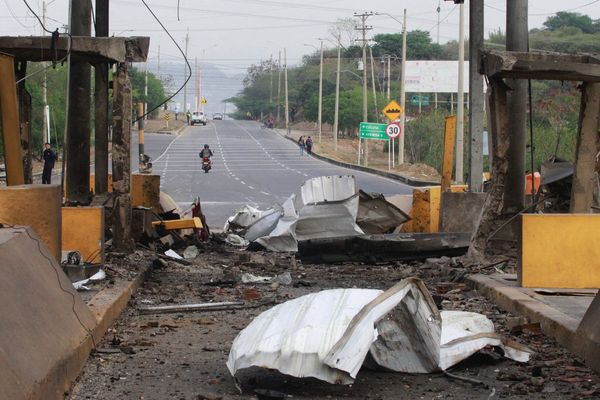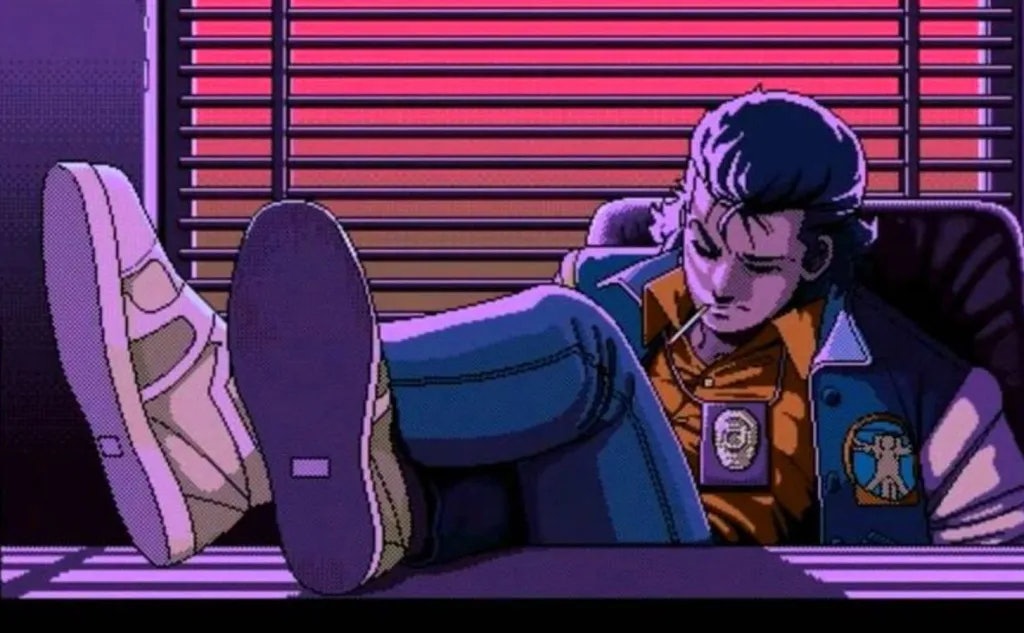
The Metal Gear series built Hideo Kojima’s reputation in the West, establishing him as an idiosyncratic director with a penchant for blending sci-fi and philosophy. But while Metal Gear is Kojima’s most successful and well-known work, his unique style shines through in two important adventure games that haven’t been so widely played outside of Japan.
Snatcher, released in 1988, and Policenauts, released in 1994, blend elements of the point-and-click adventure and the visual novel for a cinematic experience quite unlike other games available at the time. Of the two games, only Snatcher ever saw an official English release, leaving Policenauts a mystery to most English-language players — but one that’s still rewarding to explore with a little work.
Set in the year 2040, Policenauts follows Jonathan Ingram, a police officer who was trained as an astronaut to serve on a space colony called Beyond Coast. As the story picks up, Ingram has been missing for 25 years following an accident that left him lost in space and presumed dead. When he’s finally recovered alive, thanks to his suit’s cryogenic preservation system, Ingram gets back to work as a detective in Old Los Angeles. He’s soon approached by his ex-wife, who remarried after he was declared dead, and drawn into a murder case that reveals itself to be something much more sinister.
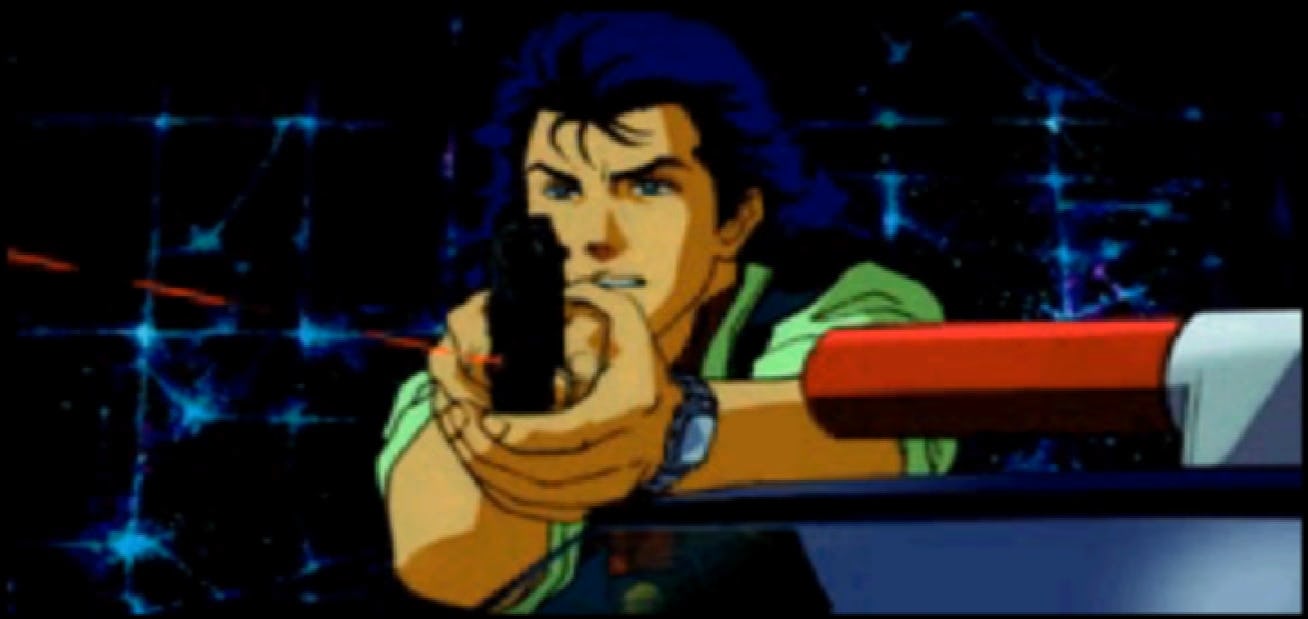
Work on Metal Gear Solid began the year of Policenauts’ release, and the two games form a fascinating picture of Kojima’s evolution. Kojima’s work is frequently cited as being influenced by TV and movies as much as other games, and that’s extremely apparent in Policenauts. The game is clearly influenced by detective fiction, buddy cop movies, and cyberpunk films like Blade Runner. Even its structure felt more like a movie than a game to some contemporary reviewers.
Though Policenauts is a point-and-click game and includes some action segments, it feels more like a visual novel than anything Kojima has produced since. The main focus of Policenauts is its dialogue, which turns distant sci-fi and current events into a hardboiled thriller.
The Metal Gear series focuses on ripped-from-the-headlines topics like human cloning, autonomous warfare, and political conspiracies. Snatcher and Policenauts both show Kojima’s interest in using contemporary issues as the basis of a sci-fi game, but Policenauts hews much closer to reality.
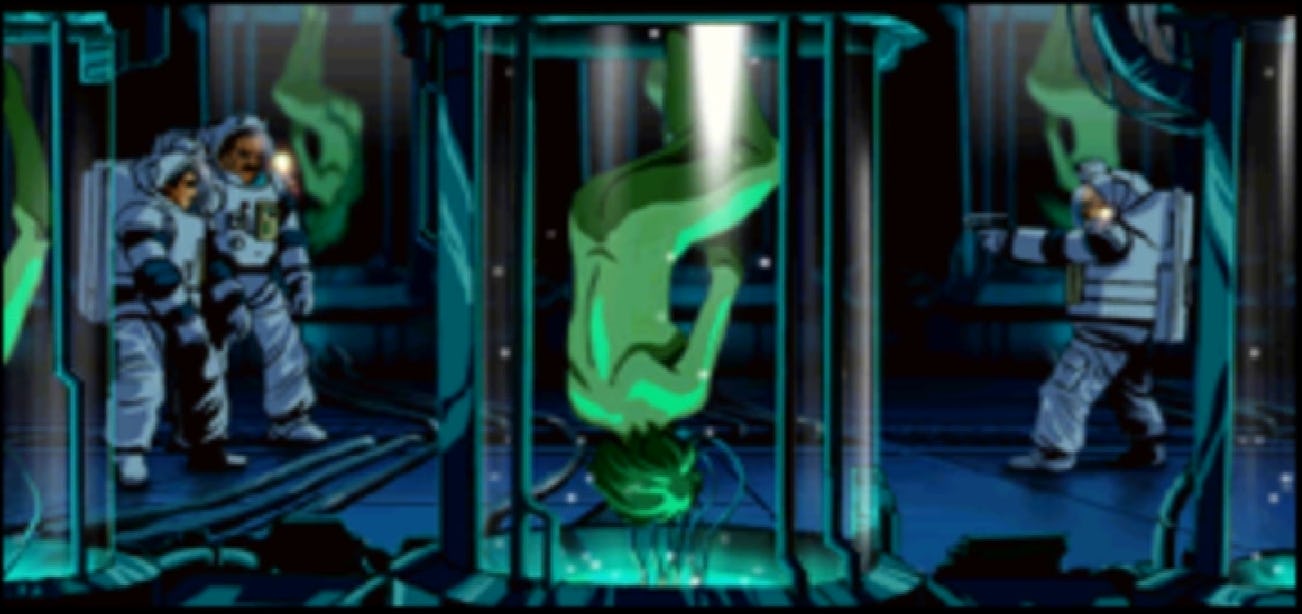
Policenauts feels like a much more grounded game than Snatcher (an Invasion of the Body Snatchers homage about deadly robots) and Kojima himself cites a lot of then-recent events that inspired the game’s story. Chief among them are anti-Japanese sentiment from racist depictions in American movies like Rising Sun (also extremely prevalent in cyberpunk) and increasingly common spaceflight.
Toyohiro Akiyama was the first Japanese person to go to space in 1990, and Kojima recalls reading NASA documents about the effects of space on the human body. At the same time, there was debate in Japan about the development of organ transplants. All of these elements come together by the end of Policenauts, as Ingram’s investigation leads him to a conspiracy involving an organ trafficking ring that arose in response to the harsh conditions in space colonies.
Policenauts is 29 years old as of July 2023, and while it’s got a distinctly ‘80s style (particularly in its soundtrack), it’s still an absolute treat visually. Both in its lush pixel art and cel-animated segments, it looks like a lost anime classic.
Despite all it has going for it, Policenauts still hasn’t gotten an official English release, though fans have been begging for one for years. Note that I said “official” English release there.
Back in 2016, an English patch for the Sega Saturn version of Policenauts was released by Junker HQ, a group of dedicated fans and translators. Drawing on their early work creating a somewhat abridged translation of the game, the new version covers the game’s entire story. Since it’s a fan-made patch, it does take a bit of tinkering to get it to work, but for anyone who’s interested in hardboiled cyberpunk or the legacy of Hideo Kojima, it’s well worth the effort.
